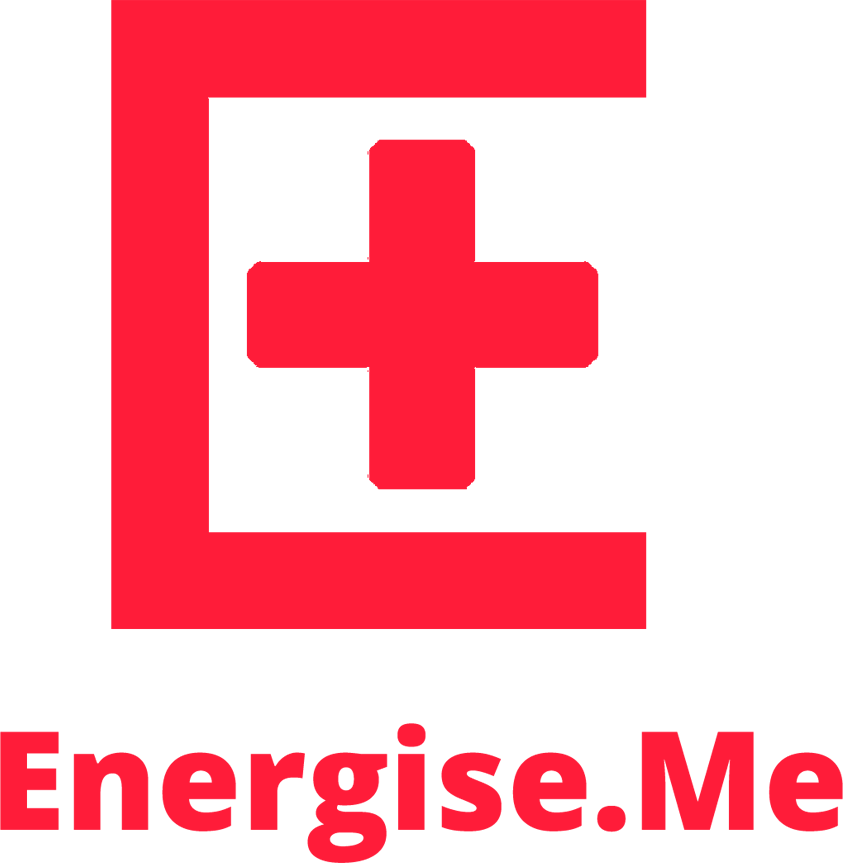It’s been widely reported and commented on that during lockdown and working from home many people have had their productivity affected. Whilst we can technically get more done as we don’t have constant work interruptions and a zero commute, it’s not been that easy for many.
As we now move into a period for the medium to long-term term where more of us have the freedom to work from home more, which many of you will want to take advantage of and many employers will encourage, let’s look at how we can make sure we stay energised and productive. Over the next few weeks, I’ll unpack all the key aspects of how to optimise your energy whilst working more flexibly.
Today, let’s look at the issues. What are the pros and cons of working more flexibility?
Pros |
Cons |
Greater flexibility |
Lack of direction |
No Commute |
Lack of informal contact with colleagues leading to less creativity |
Better for the environment |
Hard to stay motivated |
Potential for better work / life balance |
Risk of losing work life balance |
Reduced childcare costs |
Children / distractions |
Saving money on commute |
Can get monotonous |
Ability to live further away from work |
Loss of home space to work |
Opportunity to use extra time to exercise, hobbies etc. |
Less commuting can mean less exercise |
Ability to create more killer routines that work for you |
Lack of Structure |
You can prepare a proper lunch |
Risk of making more bad food choices |
Potential to be happier |
Zoom Fatigue (It’s now a thing) |
More flexibility about workstation (for instance working in the garden on a sunny day) |
Poor desk setup can cause musculoskeletal issues |
Potential to sleep longer as no commute |
Lack of clear on / off periods can lead to poor sleep (permanently switched on) |
Less contact with colleagues could lead to less conflict |
Harder to resolve conflicts |
|
More likely to work in “Silos” |
Isolation / Loneliness |
|
Loss of commute leading to loss of unwind time |
|
No one to spot when you are having a bad day and offer you tea and sympathy |
|
Harder to get clear instructions from your manager on work required and to see you've done a good job |
I wonder if when you started reading this post, you hadn’t thought of many of the above?
As I said above, over the coming weeks, I’ll talk about how to overcome the above cons so you can be the top performer, whilst still reaping the benefits.
Before I go though, I just want to talk about hydration. It’s so easy when we are in a different routine to let your hydration go. The impact of physical and mental impairment is significant. You’ll feel tired, you’ll make mistakes, you’ll get grumpy, you’ll forget things.
So think about your hydration strategy. You should be getting a minimum of 6-8 cups of water a day. If you’re not already, how could you incorporate staying hydrated into your flexible working routine? I would suggest at the very minimum, an investment in some water bottles, so you can have water with you whether it’s a home day, a work day or a travel day.

If you focus on implementing this one habit this week, by the time you read my next blog, you’ll be more resourceful and ready to act on next week’s blog when we cover off some the above cons around lack of structure to your day.
Ian Hacon
PS, do let us know if you think we’ve missed any of the pros and cons.



